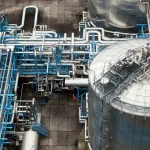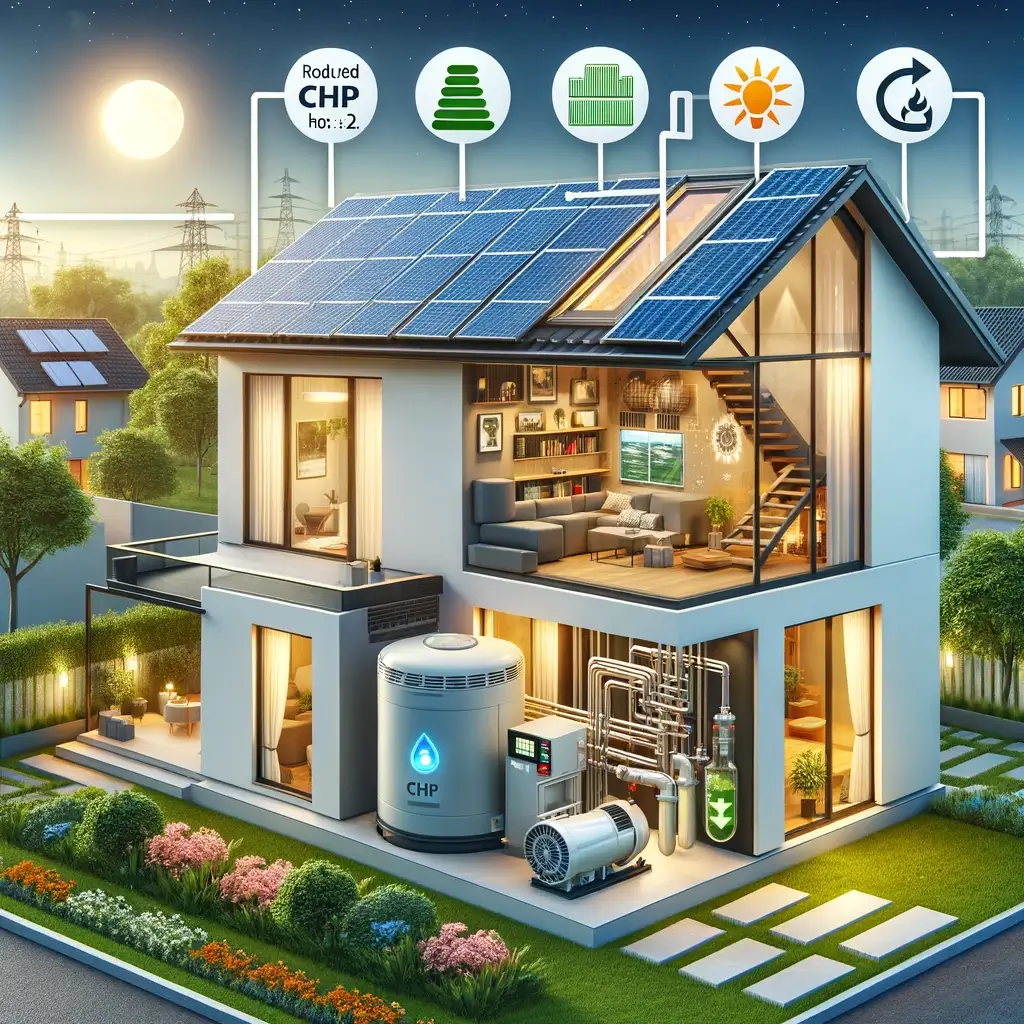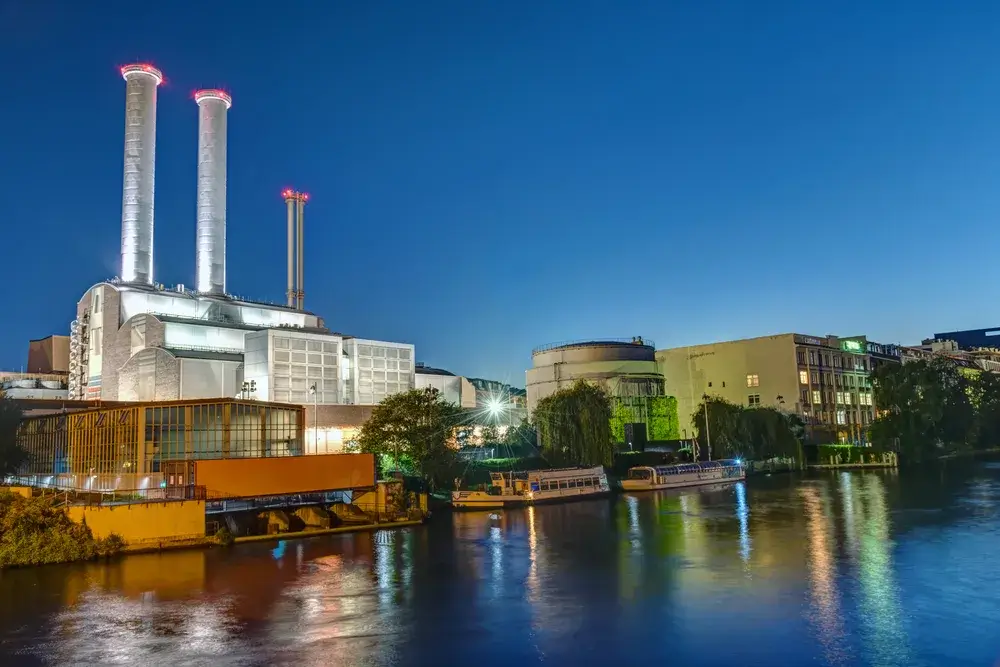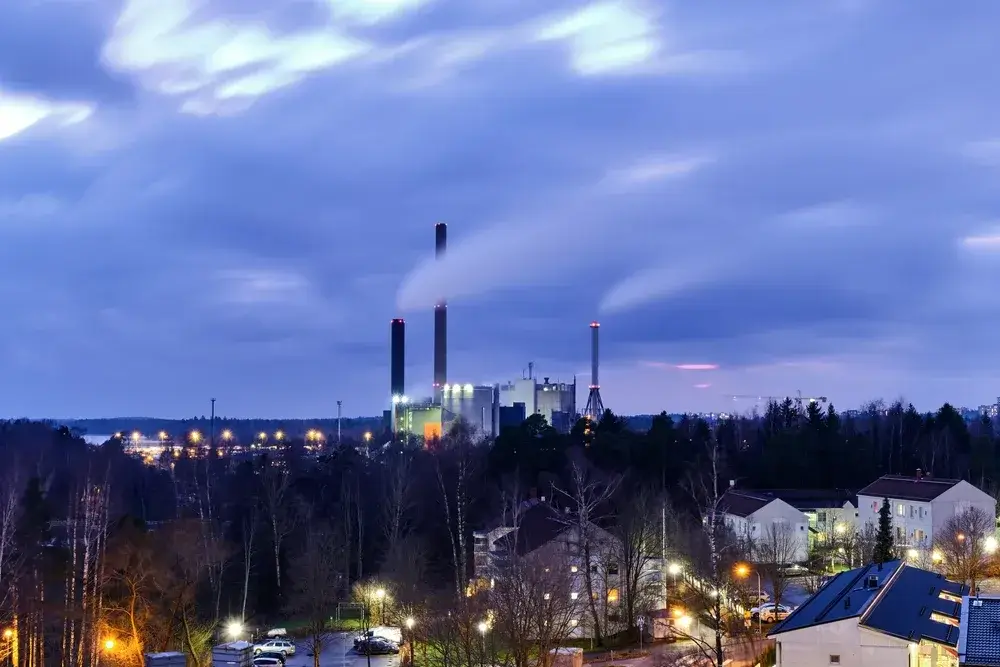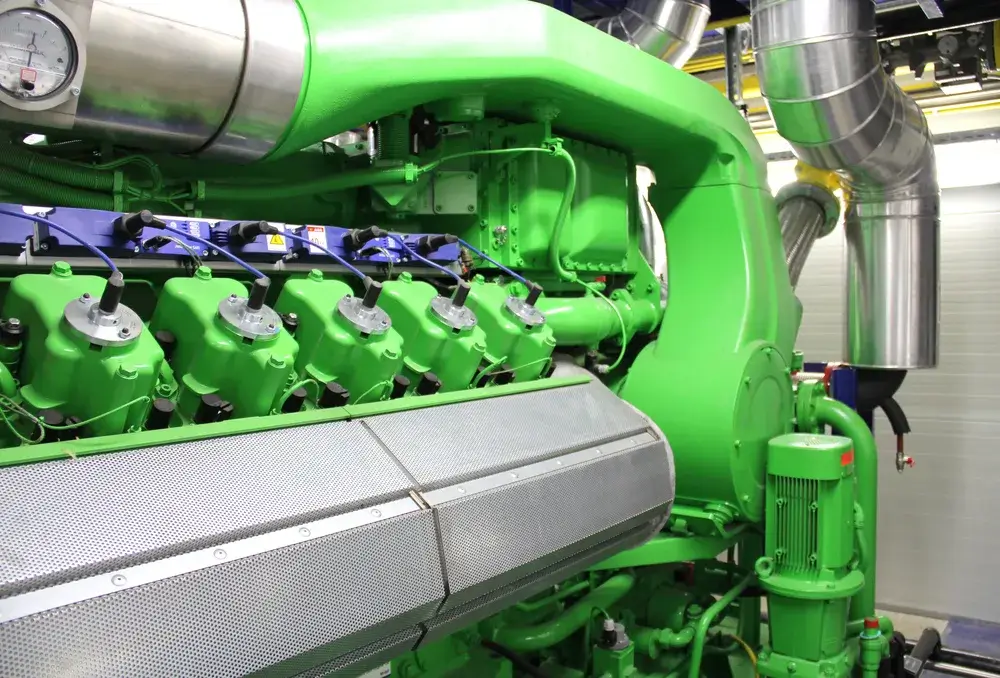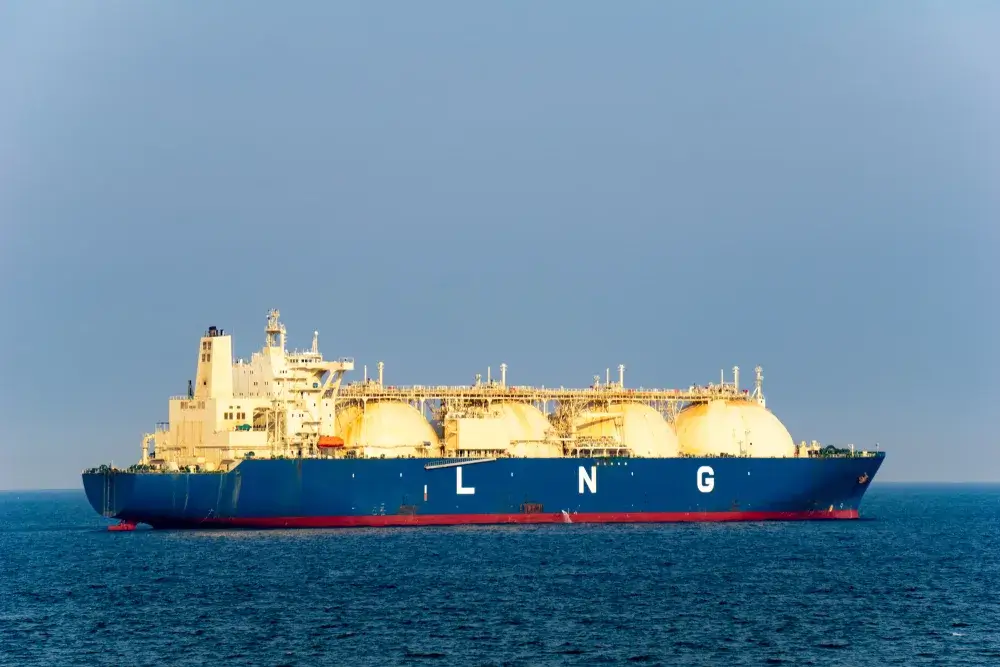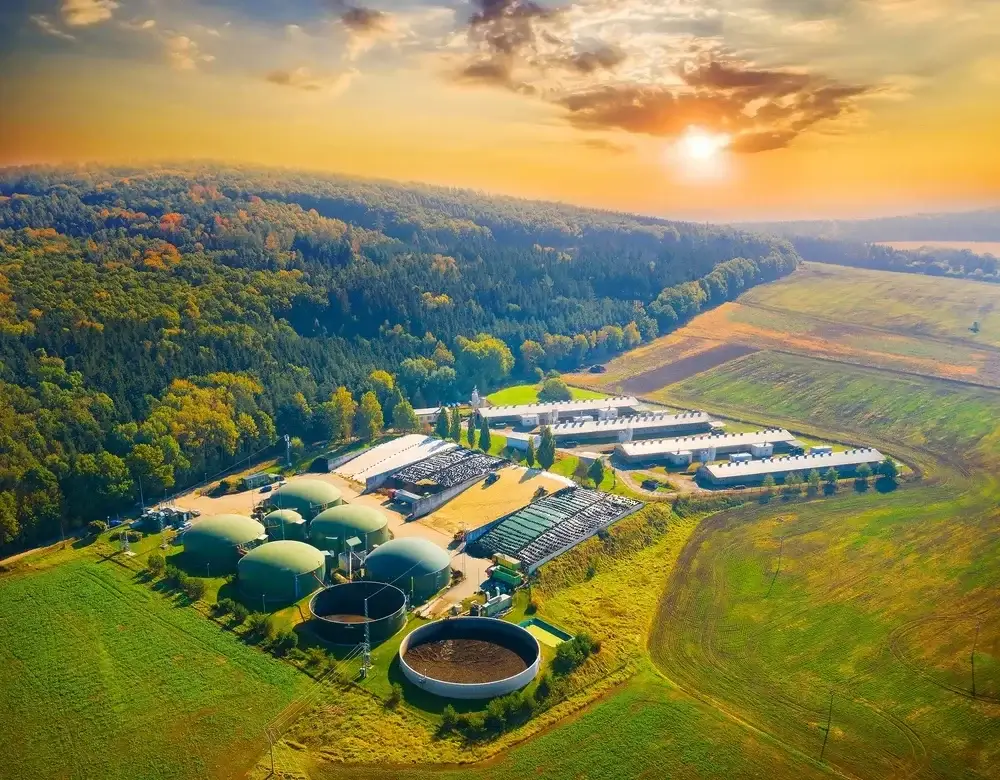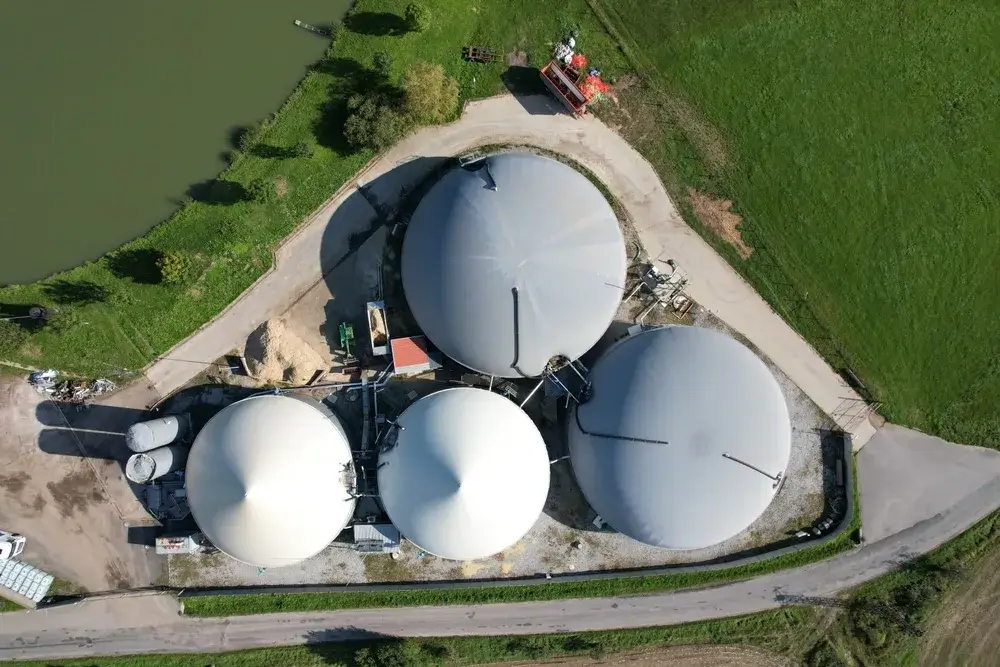How long can we continue to use natural gas?
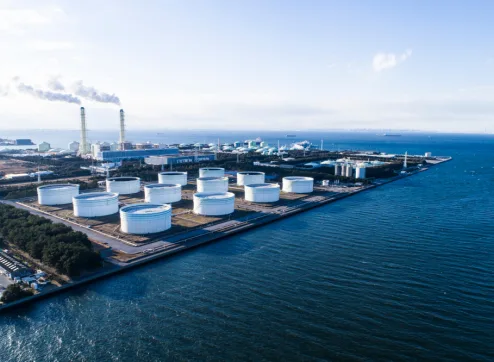
Natural gas has been a central source of energy for decades, but how long will it continue to be available to us? In a time of climate change and technological advancements, the question of the sustainability and future viability of fossil fuels arises. This article examines the current reserves, consumption, technological developments, and the economic and environmental aspects of natural gas usage.
An overview of natural gas reserves
Natural gas reserves refer to the quantities of natural gas that can be economically extracted with current technology and at current prices. According to the 2022 BP Statistical Review, global proven reserves amount to approximately 198.8 trillion cubic meters. Additionally, there are larger natural gas resources that include quantities that are known but not currently economically recoverable.
According to current estimates, these reserves and resources vary significantly depending on the geographical region, with some countries having extensive deposits, while others are highly dependent on imports. It is also important to differentiate on how natural gas is formed. It can be conventional natural gas, which is found in porous rocks, and unconventional natural gas such as shale gas, the extraction of which is often more complex and controversial.
The current consumption of natural gas
Global natural gas consumption has steadily increased in recent decades, reaching approximately 4.2 trillion cubic meters in 2021, according to the BP Statistical Review. This growth has been driven by factors such as population growth, industrialization, and economic development.
Some countries and industries rely heavily on natural gas, whether it is for energy production, heating, or as a raw material in industry. Compared to other energy sources such as oil or coal, natural gas is often seen as a cleaner alternative, although it remains a fossil fuel. That’s why we don’t know for how long can we continue to use natural gas.
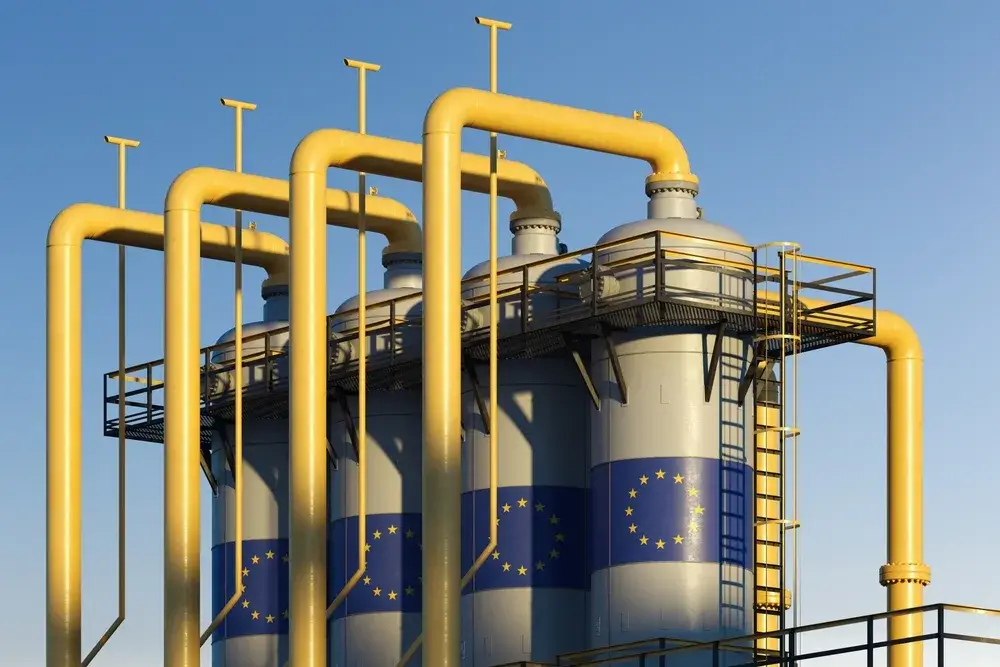
Technological progress and its role
Technological advancements in recent years have significantly improved the efficiency of natural gas extraction and utilization. This has allowed for the more cost-effective exploitation of unconventional gas sources such as shale gas or coal seam gas.
At the same time, natural gas is in competition with renewable energies such as wind, solar, and hydrogen, whose technologies are also developing rapidly and have the potential to reduce natural gas consumption in the coming decades.
Economic and ecological considerations
As everywhere, you can find pros and cons of natural gas and although it is often regarded as an economically attractive energy source, its prices are influenced by various factors, including geopolitical tensions and supply-demand dynamics.
From an ecological perspective, natural gas has the advantage of emitting less CO₂ than coal or oil during combustion. However, it still significantly contributes to climate change, particularly due to methane emissions that can occur during the extraction process. Geopolitical considerations, such as dependencies on supplier countries and transit corridors, also play a pivotal role in the global natural gas landscape.
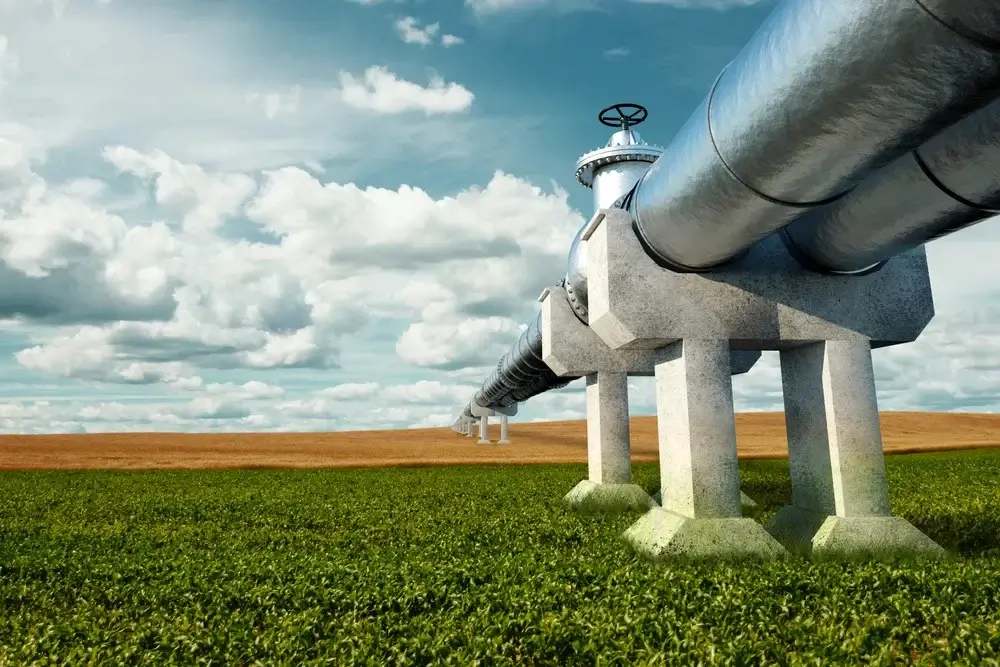
Future predictions and scenarios
The future of natural gas consumption is uncertain and depends on many variable factors. In best-case scenarios, it could involve efficient utilization and a gradual transition from natural gas to renewable energy sources, whereas worst-case scenarios predict a rapid decline in reserves and an increase in prices.
Energy policy, especially measures to reduce CO₂ emissions and promote alternative energy sources, will play a crucial role in determining the future consumption of natural gas.
Conclusion: How much longer can we continue to use natural gas?
The question of how long natural gas will continue to serve as a reliable source of energy is complex and influenced by numerous factors. Although the current reserves and technological advancements suggest a continuous supply for the foreseeable future, we must also consider the ecological and economic implications.
It is evident that natural gas serves as a transitional solution on our path towards a sustainable and renewable energy future. The challenge lies in consciously and responsibly managing this transition in alignment with global climate goals.



